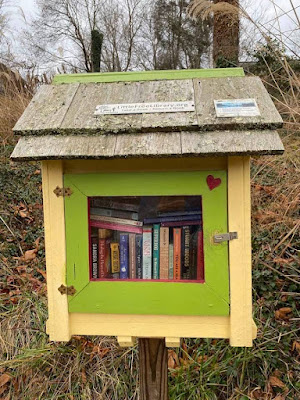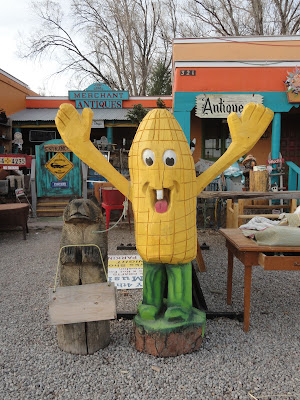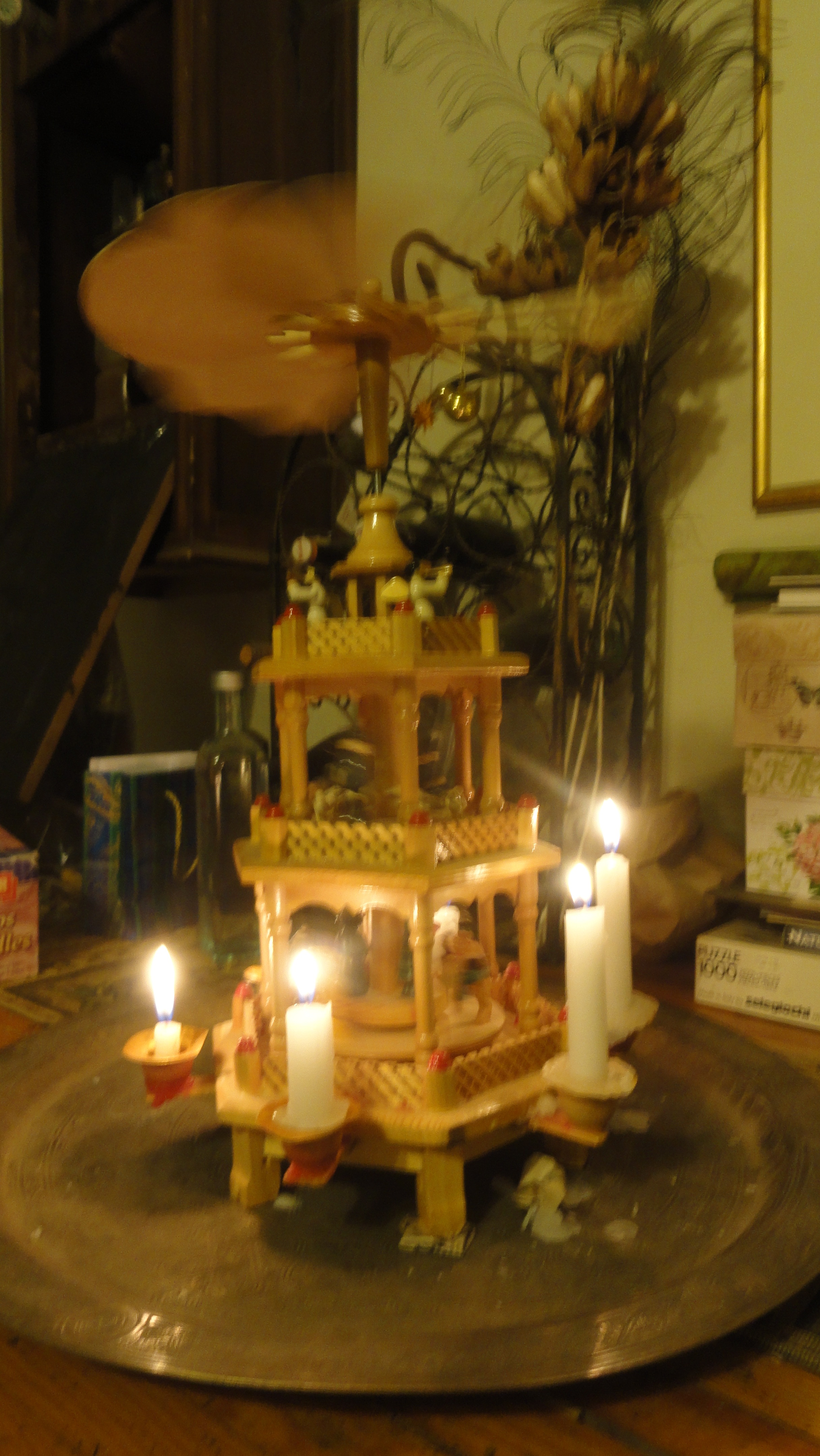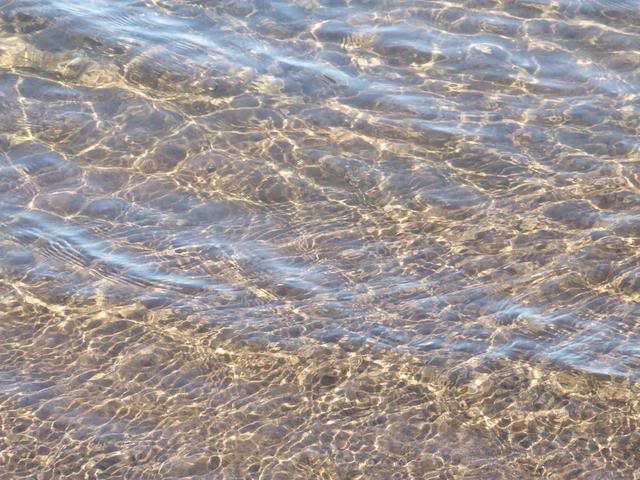Spoiler: I was wrong.
She pulled the computer out of her pocket, looked the song up, and played the beginnings of a couple, on Spotify. "That one!" I said, to the one by Dion. It listed Ben E. King, among others, so we figured (falsely) that it was his first, THEN Dion, then Bobby Darin.
Does it matter? To us, it does. To music history, and royalties, it matters. As to political correctness and the basis of assumptions, it ties in to all sorts of socio-political, economic, maybe geographical aspects. Trivia is what knowledge is made of. Enough little bits form a rich whole.
We could each explain why we thought what about whom, in all that. Those explanations would lead to other trivia, stories of other songs, writers, and musicians.
Any interest can lead to all interests. Let curiosity flow.
These will (while they're there) link to recordings at YouTube, but if you have Spotify or another music service, you can find recordings by these and many other people. There are other songs with similar names, too. I will embed Bobby Darin's version, because he wrote it, but it's not the one I knew as a kid.
"Dream Lover," Bobby Darin (composer), April 1959
"Dream Lover," Dion, November 1961
"Dream Lover," Ben E. King, February, 1962
Notes on Wikipedia and SongFacts:
"Dream Lover" is a song written by Bobby Darin and recorded by him on April 6, 1959.
Dream Lover by Bobby Darin
(or profound reflections on very real learning)

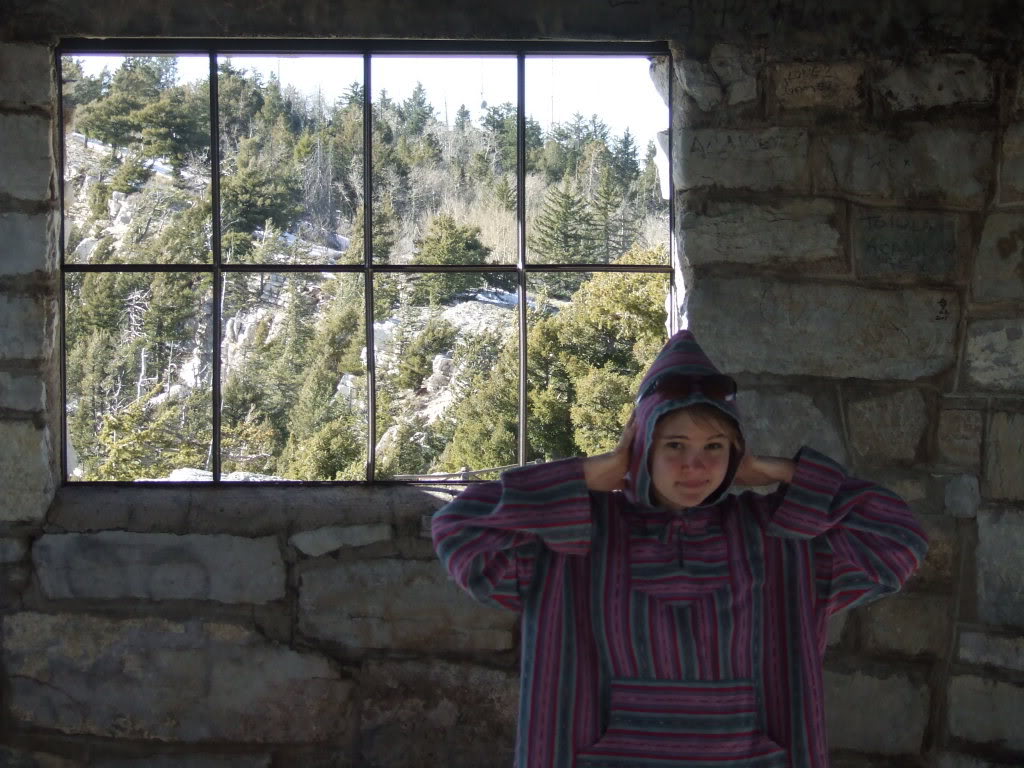

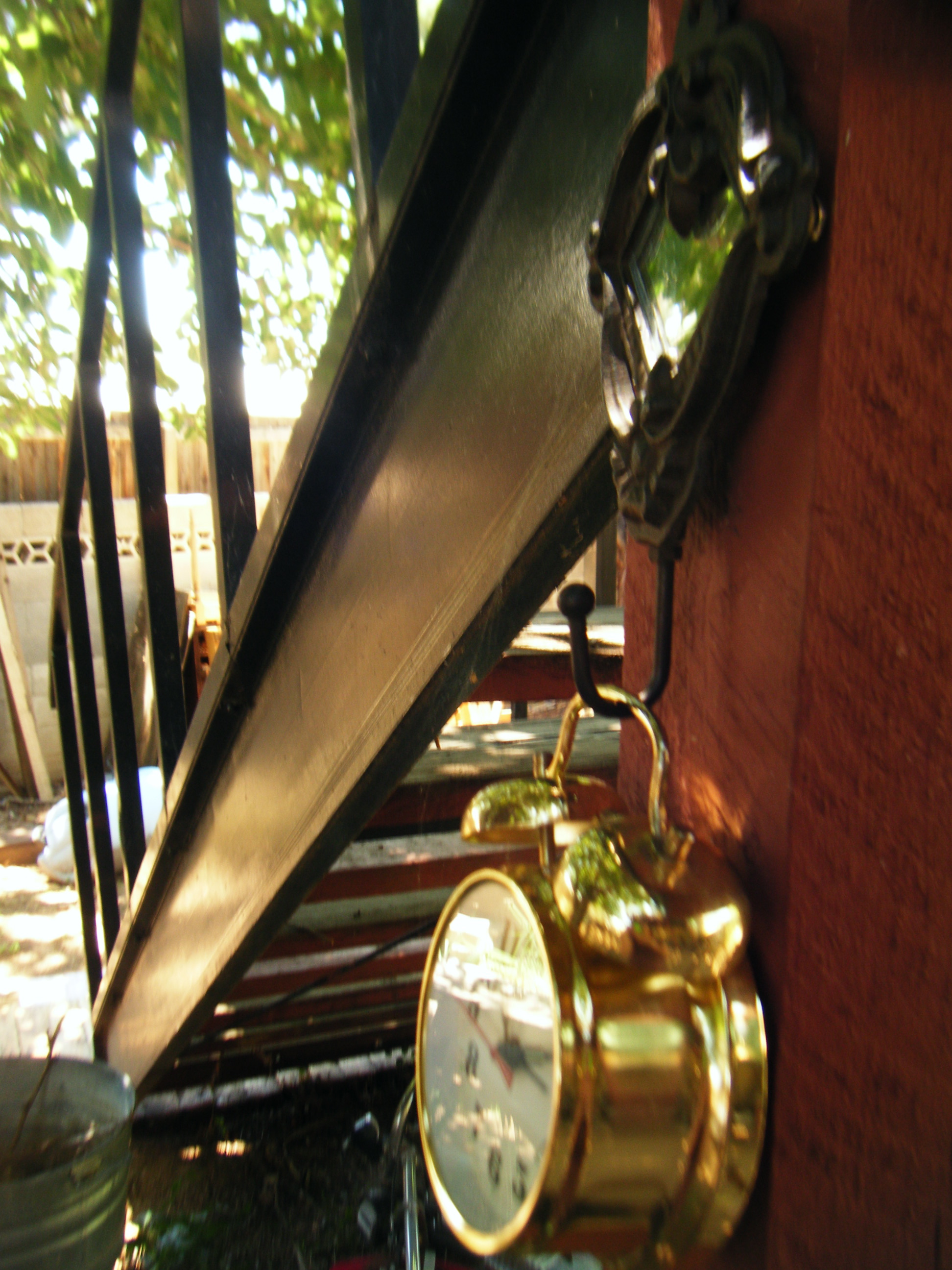
 then you have "the basics" all around your kids all the time. And because those basics are there, kids will learn about them&mdashthey'll learn that words are a valuable tool and there are many ways to use them. They'll learn that numbers and patterns are as useful as words and sometimes better than words for a given purpose. They'll learn those things without lessons, living and playing and snuggling on the couch with you without ever needing to draw a line between those things and learning.
then you have "the basics" all around your kids all the time. And because those basics are there, kids will learn about them&mdashthey'll learn that words are a valuable tool and there are many ways to use them. They'll learn that numbers and patterns are as useful as words and sometimes better than words for a given purpose. They'll learn those things without lessons, living and playing and snuggling on the couch with you without ever needing to draw a line between those things and learning.
